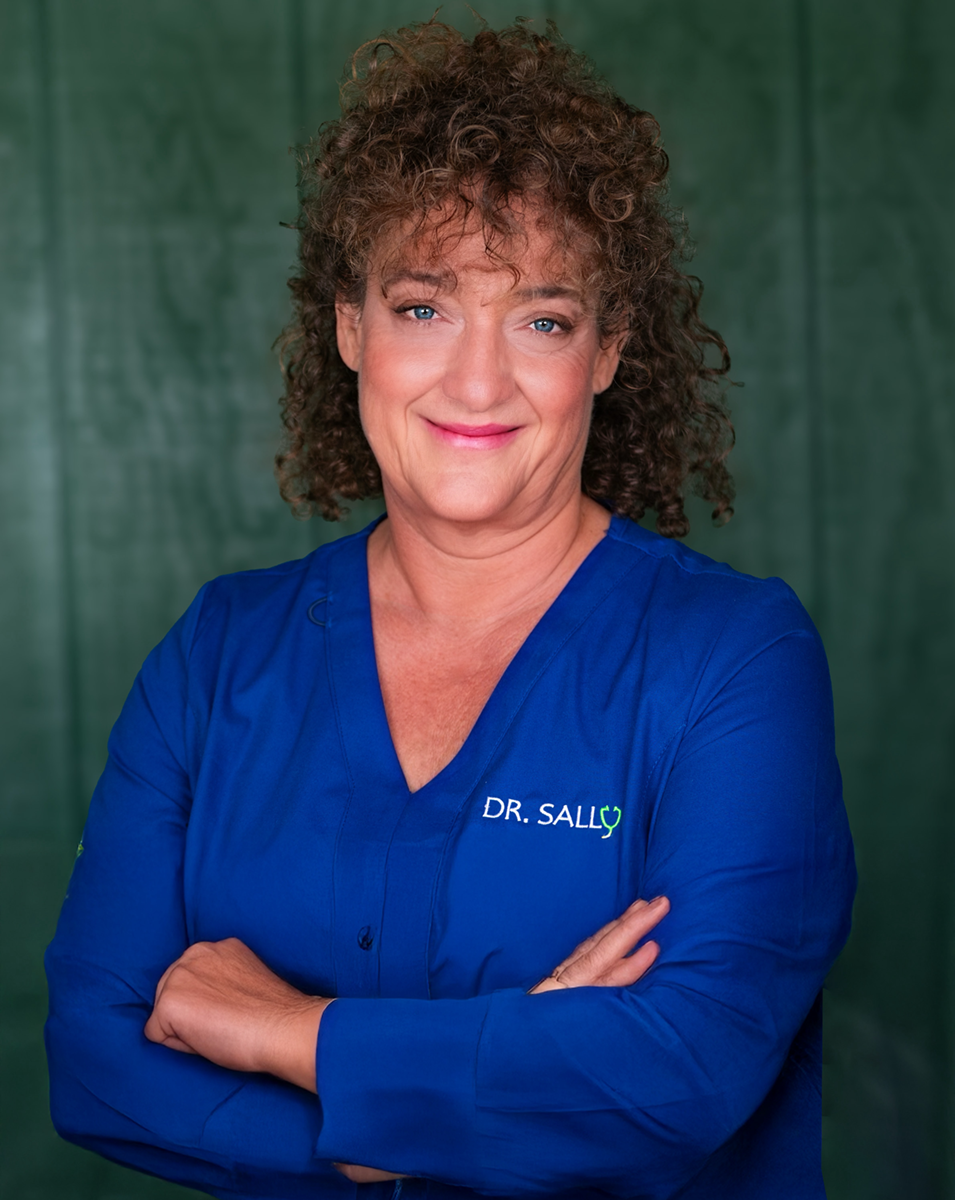If you're over 50, chances are you've already faced more than your fair share of screenings, tests, and health scares. You've also learned to ask good questions before jumping into something new, especially regarding your health.
So when someone mentions a “Multi-Cancer Early Detection” (MCED) test, I understand the hesitation. It sounds new. Maybe even experimental. It’s not yet part of your annual physical. Your doctor might not offer it - or even know about it. And that alone can create doubt: Is this safe? Is it reliable? Is it worth it?
Let me explain this technology, why it's different, and why I believe it's one of the most important tools we now have in the fight against cancer.
What Is MCED Testing, in Plain English?
MCED testing is a blood test that screens for signals associated with more than 50 types of cancer, many of which are not routinely screened for in our current healthcare system.
That means it can detect cancers that don’t appear on mammograms, colonoscopies, or pap smears. Think pancreatic, ovarian, esophageal, liver, and certain blood cancers. These types often go unnoticed until symptoms appear; by then, it's often too late for easy treatment.
This isn’t “looking for cancer everywhere just in case.” It’s a highly sophisticated lab-developed test that identifies methylation patterns in your cell-free DNA, looking for telltale fingerprints that certain types of cancer leave in your bloodstream.
Is It FDA-Approved? Let’s Talk About That.
This test is not yet FDA-approved, and it’s important to say that out loud. It is being evaluated in rigorous clinical studies with the FDA’s knowledge and oversight, and it has received Breakthrough Device Designation, which means the agency recognizes its potential and is fast-tracking its review.
The FDA approval process is slow, careful and complex. Since Galleri is still gathering long-term performance data, especially on clinical utility and mortality reduction, full FDA approval may still take several years.
However, the test is already available to patients through CLIA-certified labs, which meet the highest federal standards for lab testing in the U.S. This is the same regulatory pathway used by many other specialized tests your doctor may already use, including advanced hormone panels, genetic risk assessments, and functional medicine diagnostics.
In short, this test hasn’t reached the finish line with the FDA, but it’s running the race under tight scrutiny and showing very promising results.
How Accurate Is It?
Accuracy matters, especially when we’re talking about cancer.
In one of the largest studies to date (published in the journal Annals of Oncology), this MCED test demonstrated:
- A false positive rate of less than 1% – meaning it's very unlikely to suggest cancer when there isn’t any.
- A 93% accuracy rate in predicting where the cancer originated is crucial for treatment planning.
- Strong detection of many lethal cancers for which no routine screening exists. For example, MCED is 10 times more likely to find a real cancer than a screening mammogram.
What does this mean for you? This means this test is already better than many existing single-cancer screening tools for identifying the cancers we often miss. It’s not perfect - no test is - but it’s a potent early warning system.
So Why Isn’t Everyone Getting One?
Change in medicine always takes time. Mammograms, colonoscopies, and even blood pressure checks were not standard until the science matured and public awareness caught up.
Right now, MCED testing is still considered elective and self-pay. Insurance doesn’t yet cover it. Many conventional physicians haven’t incorporated it yet, partly due to the same questions you may have: Is it proven enough? Will it change outcomes?
But here’s the other truth: early adopters often benefit the most from emerging breakthroughs. If you’re someone who has lost friends or family to cancers that weren’t caught in time, you know how high the stakes are. For many of my patients, the cost of not knowing is far greater than the cost of this test.
My Perspective, As a Doctor and Fellow Human Being
I’m not here to scare you or sell you on something unproven. I’m here because I believe deeply in empowered, informed choices - especially when it comes to cancer.
Functional and naturopathic medicine have always prioritized prevention. But prevention isn’t just about leafy greens and clean water. It’s also about having the best possible tools to detect problems before they become life-threatening.
MCED testing is not a crystal ball but a potent flashlight. If we can shine that light into dark corners of the body - places we’ve never been able to screen before - why wouldn’t we?
Is It Right for You?
This test is best suited for people over 50, those with a family history of cancer, or those who want peace of mind. It does not replace your existing cancer screenings - it complements them.
If you’re curious, ask me about it. I’ll explain the pros and cons for your situation, help you understand the results if you choose to take the test, and create a plan that actually makes sense for your life and your values.
Because that’s what care is supposed to be: personal, thoughtful, and rooted in trust.
Ready to explore your options? You deserve answers. Let’s find them together.


